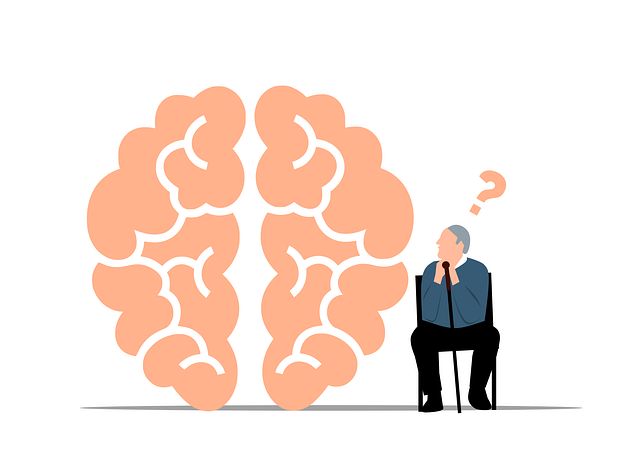
One in three people will develop dementia in their lifetime. While dementia can be genetic or simply a natural symptom of ageing, there is evidence to suggest that many lifestyle choices and habits can increase the risk of developing this disease.
If you don’t want to develop dementia, there are a few different measures you can take to lower your risk. Below are 7 examples.
Manage stress
Chronic stress is thought to be a significant cause of dementia. People with stress-related disorders such as PTSD typically develop dementia at a much higher rate than those who don’t have these disorders. By learning to manage your stress, you may be able to reduce the risk of cognitive decline. Therapy could be worth trying if you find you get easily stressed out or if you have a stress-related disorder.
Get enough sleep
It is when we are asleep that we store our memories. Therefore it makes sense that a lack of sleep could increase the risk of dementia. Studies have found that people over 60 who regularly do not get enough deep sleep have a 27% increased risk of developing dementia. While it is not always possible to get a good night’s sleep, you should try to take steps to improve your sleep quality where possible such as going to bed earlier if you have to be up early and trying sleep supplements if you suffer from insomnia.
Stay physically active
A lack of physical exercise has also been linked to a higher risk of dementia. Staying active is more important for the brain than we realise – it increases blood flow to the brain and helps us to stay sharp, plus it’s a great stressbuster. Any exercise that increases your heart rate could help deter dementia from brisk walking to swimming. Find something that you enjoy and are willing to do regularly if you do not already live an active life.
Exercise your brain with puzzles
Mental exercises are also important for maintaining good brain health. Such exercises help us to use more of our neural pathways, which may help us to preserve a sharper memory. Puzzles are one of the best forms of mental exercise. This could include a daily sudoku or a crossword. It is particularly important to solve puzzles if you do not do a lot of problem solving in your day to day life. Retirement is a common stage of life where people stop exercising their brain – if you’ve recently retired, consider buying some puzzle books or try playing puzzles online/via apps on your phone.
Don’t smoke or drink heavily
Smokers are also at higher risk of developing dementia. This is likely because smoking cigarettes restricts oxygen to the brain, while also sending toxins to the brain that cause inflammation. Heavy drinkers are also at higher risk of developing dementia. Alcohol is already known to affect short term memory, and although this is usually temporary it can become a permanent issue over time due to a lack of thiamin (known as wernicke-korsakoff syndrome). By quitting smoking and reducing your alcohol consumption, you could prevent such brain damage occurring. You’ll also reduce your risk of developing many other health problems and will feel so much better.
Be social
A life of social isolation is strongly linked to dementia too. People who are regularly social tend to use more of their brain. This is because conversation requires so many different thought processes including listening to information, forming responses, reading body language and remembering previous parts of the conversation. If you spend a lot of time alone, consider ways in which you can be more social. This could include joining social clubs or making a conscious effort to reconnect with friends and family members. By having daily conversations, you can keep exercising your brain and keep it sharp.
Take steps against hearing loss
People with untreated hearing loss are also at higher risk of developing dementia. This is believed to be due to the social impact that hearing loss can have. Conversations can become more challenging and may cause a strain on the brain that triggers cognitive decline. In other cases, people with hearing loss socially withdraw, which as already discussed is another cause of hearing loss. If you are experiencing hearing loss, wearing a hearing aid could allow you to engage in conversations more easily again and could reduce your risk of developing dementia. Consider getting a hearing test today so that you can have a hearing aid prescribed.



